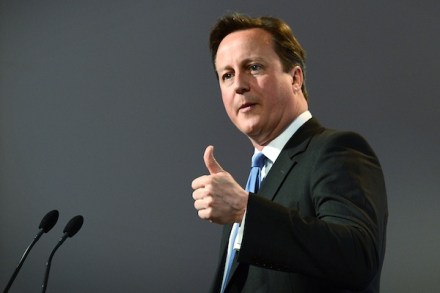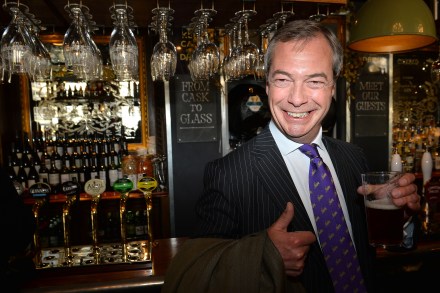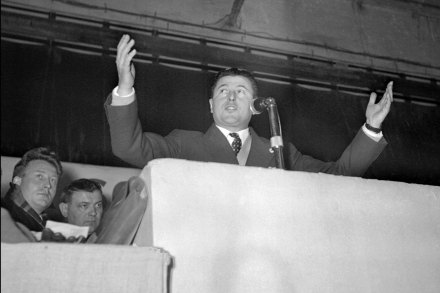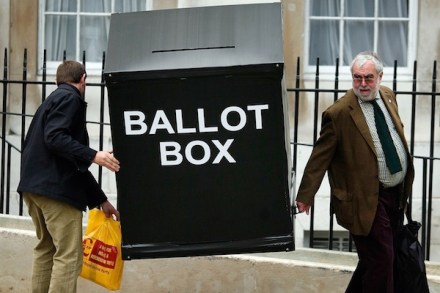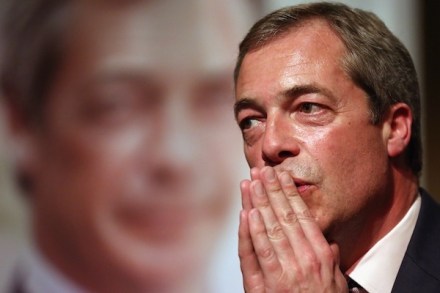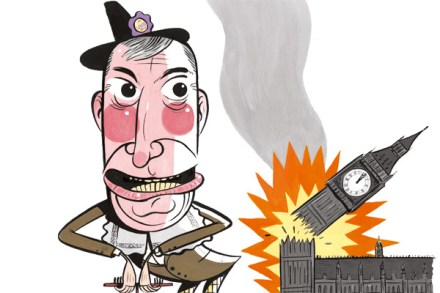Letters | 23 May 2013
Stay Conservative Sir: Dr John Hyder-Wilson wrote (Letters, 11 May) of my calls to ‘shift Tory party policy rightward’ to meet a threat from Ukip, which he felt was inconsistent as he could not remember me advocating a leftward shift in response to a threat from the SDP/Alliance in the early 1980s. Of course he could not. I am afraid that he is in a muddle. I responded then to the SDP/Alliance, and would do so now to Ukip in exactly the same way, by advocating Conservative policies for the Conservative party. As Dr Hyder-Wilson may remember, Margaret Thatcher won her third election victory on Conservative policies after eight years




